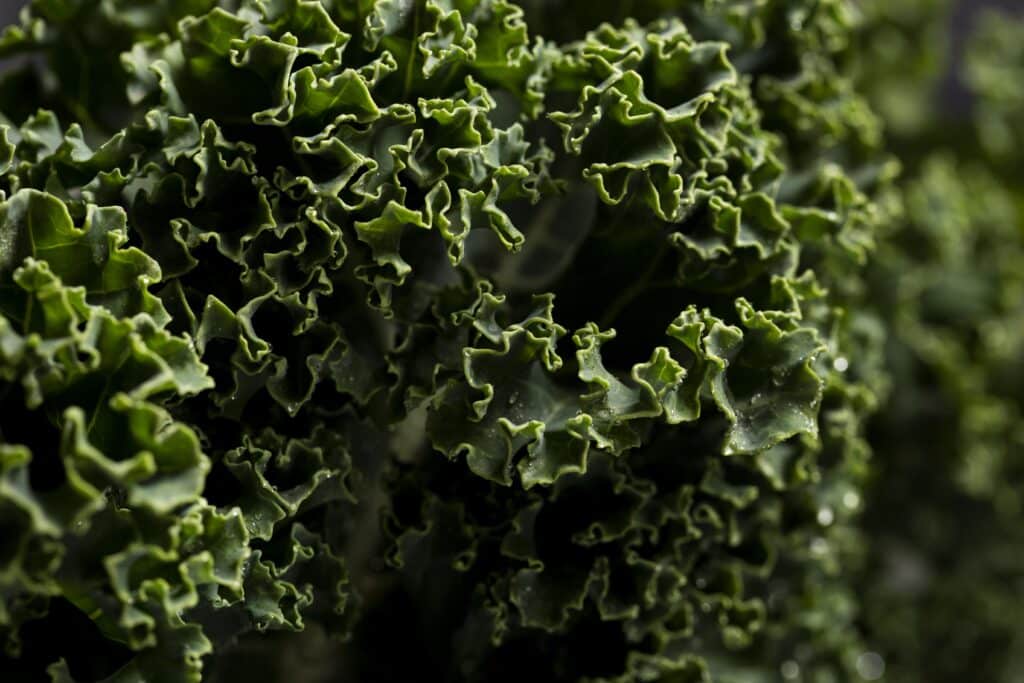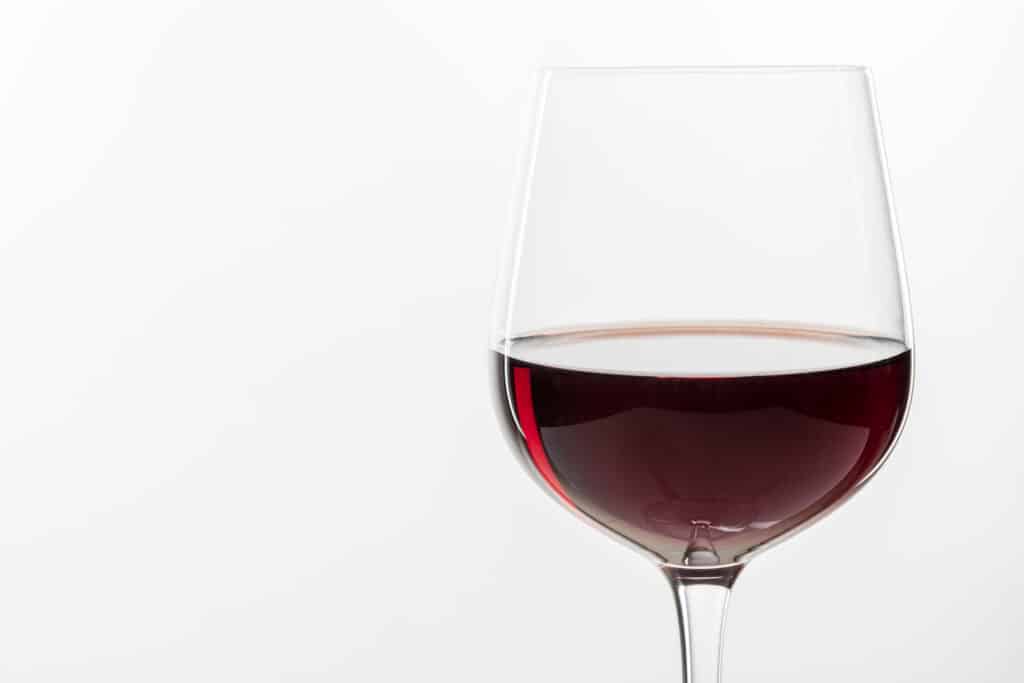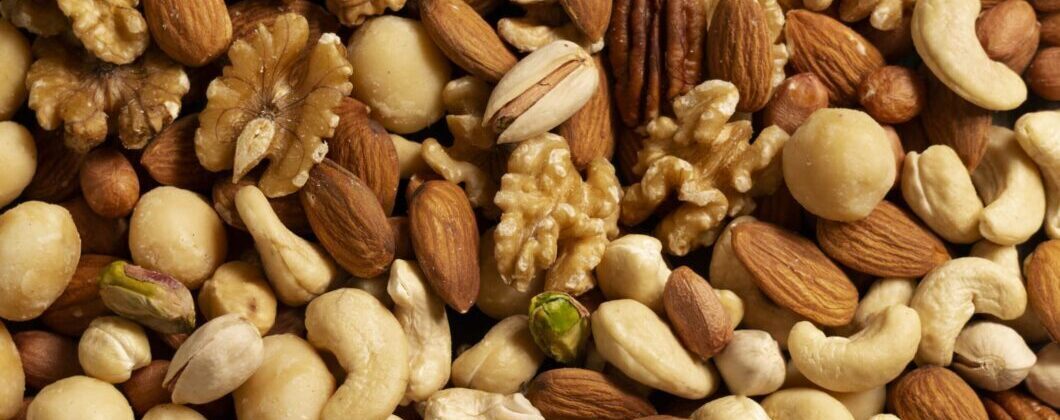Boost Your Health With These Top 10 Foods High In Quercetin
What is quercetin? It’s a special thing in some foods that helps keep you healthy. Quercetin can help your body in many good ways, like making sure you don’t get sick often and protecting you from health problems as you get older.
Foods like onions have lots of it—red ones even have 39 mg every 100 g! You’ll also find quercetin in leafy greens like kale, tasty fruits like berries and grapes, and drinks like tea.
Knowing about all the foods rich in quercetin is important because it can make you feel better and stay strong. Green tea gives you at least 2.49 milligrams each cup, which is great for getting antioxidants to fight off bad things in your body.
And if you’re looking for the food with the most quercetin, add capers to your plate!
Even though there isn’t a set amount of quercetin we need daily, eating plenty of fruits and veggies should do the trick. If needed, there are extra pills called supplements, but talk to a healthcare person before trying them out because they might give headaches or tingling feelings.
This article will show yummy ways to eat more foods with lots of quercetin and offer tips on choosing good quality extras if needed while watching out for any not-so-good effects they might have.
Let’s take this step towards better health together!
Key Takeaways
-
- Quercetin is a plant pigment that helps fight off things that can hurt our cells. It’s in foods like onions, kale, berries, and grapes.
-
- Eating quercetin-rich foods is good for you. It can help keep your heart healthy and control sugar levels in your blood.
-
- To add more quercetin to your food, try having onions in your dishes, munching on some berries or nuts as snacks, or drinking tea like green tea.
-
- Foods are usually better sources of quercetin than supplements because they have other helpful stuff, too. But if you need more quercetin than food gives you, talk to a doctor before trying pills.
-
- Too much quercetin might give some people headaches or make their arms and legs tingle. Always talk to a healthcare person about how much to take safely.
Understanding Quercetin
Quercetin is a flavonoid that acts as a powerful antioxidant in the body, helping to combat free radicals and reduce inflammation. It is found in various plant foods and has been studied for its potential health benefits, including supporting heart health and reducing the risk of chronic diseases.
Understanding the role of quercetin in the body can help you make informed choices about incorporating it into your diet for overall health and well-being.
What is quercetin?
Quercetin is a type of plant pigment known as a flavonoid. It’s found in many plants, fruits, and veggies we eat. This natural compound colors some of our favorite foods, like apples and onions.
But it does more than just look pretty! Quercetin helps protect our bodies from things that can hurt our cells.
Eating foods rich in this substance can do great things for your health. For example, quercetin works against free radicals – bad guys that damage cells and make you sick. Plus, it supports the body’s defense system to keep you feeling strong.
Many people find adding quercetin-rich foods to their meals makes them feel better overall.
Benefits of quercetin for health
Quercetin is like a shield for our bodies. It fights off diseases that usually come as we get older. This mighty helper works to improve blood clotting, sugar levels, and swelling in our bodies.
Eating foods high in quercetin means taking good care of your heart and arteries.
This natural stuff found in many fruits and vegetables also calms down inflammation, which can hurt the body over time. Plus, it helps your heart by keeping arteries healthy, which lets blood flow smoothly.
Ensuring you eat enough quercetin may keep your body strong against sicknesses and help you feel great daily!
Top 10 Foods High in Quercetin
Discover the top 10 foods packed with quercetin, a powerful antioxidant with numerous health benefits. From onions and kale to berries and grapes, these nutrient-rich foods can easily be incorporated into your daily diet to boost your overall health and well-being.
Onions
Onions are packed with quercetin, which is great for your health. This means you get a bunch of good stuff when you chop onions for your salad or stir-fry. Red and yellow ones have the most color and the most quercetin.
100 grams of red onions give you about 39 mg of this helpful nutrient.
Eating onions can do more than make your food taste better. They help keep your heart healthy and control blood sugar levels. Onions also contain vitamin C, fiber, folic acid, calcium, iron, and protein.
So tossing them into your diet is an easy way to get more vitamins and minerals in every bite!
Kale

Kale is a nutritional powerhouse that can aid in boosting your health. Packed with antioxidants, vitamin C, vitamin K, and beta-carotene, kale makes an excellent addition to a healthy diet.
A mere 100 grams of raw kale holds around four grams of fiber, which fulfills nearly 11% of the recommended daily allowance. This makes it a high-fiber food choice for many looking to enhance their intake of quercetin and other beneficial nutrients.
Moreover, given its versatility, kale can be effortlessly incorporated into various dishes.
Berries
Like blueberries and blackberries, berries are packed with quercetin, a powerful antioxidant that can benefit your health. Eating these berries raw is the best way to get the most quercetin for your body to absorb.
Dark berries such as blueberries, blackberries, and bilberries have high levels of quercetin and other flavonoids – making them a tasty and nutritious addition to your diet.
Incorporating these delicious berries into your meals or snacks can be an easy way to boost your intake of quercetin while also enjoying their natural sweetness and health benefits.
Grapes
Grapes are packed with quercetin, a powerful antioxidant with various health benefits. This flavorful fruit contains other essential nutrients like vitamins C and K, minerals, and phytochemicals, making it a nutritious choice.
Moreover, grapes also house additional antioxidants such as beta carotene and lutein, contributing to their overall health-boosting properties.
The Mediterranean diet often includes grapes due to their rich quercetin content and other beneficial nutrients. This highlights the positive impact of incorporating grapes into your diet for improved wellness.
Tea
Green tea is a rich source of quercetin, which is beneficial for health. A single cup of green tea contains at least 2.49 milligrams of quercetin, making it an easy and enjoyable way to incorporate this antioxidant into your diet.
Regular consumption of green tea can provide you with the potential health benefits associated with quercetin, such as its anti-inflammatory effects and therapeutic potential.
Additionally, including green tea in your daily routine can help you enjoy the numerous other phytochemicals and flavonoids in this beverage that contribute to overall well-being.
5 Other sources of quercetin

Aside from the top 10 foods high in quercetin, there are other sources of this beneficial compound. Check out these additional options to incorporate into your diet:
- Red Wine: Enjoy a glass in moderation for an additional source of quercetin.
- Nuts: Almonds, walnuts, and pecans are good sources of this flavonoid.
- Olive Oil: Use it in cooking or as a salad dressing to add quercetin to your meals.
- Herbs and Spices: Parsley, sage, and capers contain significant quercetin.
- Hot Peppers: Incorporate these into your dishes for their quercetin content.
How Much Quercetin Do You Need Daily?
The recommended daily intake of quercetin varies, but most studies suggest that consuming around 500 mg daily may provide beneficial effects. It’s important to note that it’s usually best to get your quercetin from dietary sources rather than supplements, as the body tends to absorb nutrients better from whole foods.
However, consult a healthcare professional to ensure safety and effectiveness if you’re considering supplementation.
Recommended daily intake
No official daily amount of quercetin is recommended, but including various fruits and vegetables in your diet can help you get this beneficial flavonoid. Onions are particularly high in quercetin, so adding them to your meals can boost your intake.
Aim for a diverse selection of colorful and nutrient-rich foods each day to ensure you’re getting enough quercetin. This way, you’ll naturally consume an array of flavonoids like quercetin without worrying about specific daily amounts.
Food sources vs supplements
Understanding the best approach to incorporate quercetin into your diet involves weighing the benefits of food sources against supplements. Nutrients obtained through food often come with additional health benefits, such as fiber and other phytochemicals that supplements can’t offer. However, supplements may be a useful addition for those unable to meet their needs through diet alone. The table below compares food sources and supplements of quercetin to help you make an informed decision.
| Quercetin Source | Advantages | Considerations |
| Food Sources | Provides a complex matrix of nutrientsContains dietary fiber and other beneficial compoundsSupports overall dietary patterns linked to improved health | Quercetin content can vary widely based on the specific food, ripeness, and storageMay be difficult for some individuals to consume adequate amounts through diet alone |
| Supplements | Provides a concentrated dose of quercetinUseful for those with dietary restrictions or specific health conditions | Lacks the synergistic benefits of whole foodsPotential for interactions with medications or other supplementsQuality and purity of supplements may vary between brands |
When considering which route to take for increasing quercetin intake, remember that natural sources offer a bounty of nutrients that work together to enhance overall health. Diversifying your diet with quercetin-rich foods boosts your antioxidant levels and contributes to a more vibrant and varied nutritional profile. While supplements can fill certain gaps, discussing their use with a healthcare provider is essential, especially if you have existing health conditions or are taking other medications. Your personal health goals, dietary preferences, and medical history should guide your choice between food sources and quercetin supplements.
Incorporating Quercetin into Your Diet
There are many delicious and nutritious options when it comes to incorporating quercetin into your diet. Whether it’s adding sliced onions to your salad or enjoying a cup of berries for dessert, finding creative ways to include these foods in your meals can help boost your overall health and well-being.
Additionally, considering high-quality quercetin supplements as part of a balanced diet may provide added benefits.
Recipe ideas featuring quercetin-rich foods
-
- Start your day with a bowl of mixed berries and a dollop of Greek yogurt for a quercetin-rich breakfast.
-
- For a nutritious lunch, Make a refreshing kale and quinoa salad with diced apples, cranberries, and walnuts.
-
- Whip up a batch of homemade onion soup using red onions for a cozy and flavorful dinner.
-
- Snack on grapes and nuts for an easy and portable daily quercetin boost.
-
- Brew a cup of hot tea using green or black tea leaves to enjoy the antioxidant benefits of quercetin while unwinding.
Tips for choosing high-quality quercetin supplements
- Look for supplements from reputable brands to ensure purity and quality.
- Check for third-party testing or certifications to guarantee the supplement’s potency and safety.
- Consider the form of quercetin in the supplement – options include capsules, powder, or liquid extracts.
- Read product labels carefully to understand additional ingredients and their potential interactions with other medications.
- Seek professional advice from a healthcare provider or nutritionist before starting any new supplement regimen.
- Research customer reviews and feedback about the brand and specific quercetin products to gauge their effectiveness and reliability.
- Compare prices and value for money, but prioritize quality over cost regarding your health.
- Opt for supplements with added bioavailability enhancers, such as black pepper extract (piperine), to improve absorption in the body.
- Avoid supplements containing unnecessary fillers, additives, or allergens if you have known sensitivities or dietary restrictions.
- When in doubt, consult reputable sources like ConsumerLab or NSF International for information on the quality and reliability of tested supplements.
By following these tips, you can make informed decisions when selecting high-quality quercetin supplements to support your health goals effectively.
Potential side effects and interactions
Quercetin, found in various healthy foods and supplements, offers numerous health benefits. However, being mindful of potential side effects and interactions is crucial. Some individuals may experience headaches or tingling in their arms and legs when consuming quercetin, especially through intravenous treatment.
Moreover, if you are considering incorporating quercetin into your diet or taking supplements, it is essential to consult with a healthcare professional to understand its potential interactions and any adverse reactions that may occur.
Remember that while quercetin can contribute positively to your well-being, being aware of its possible side effects and interactions ensures a safe and informed approach to harnessing its benefits for your health journey.
FAQs
Q: What are the top food sources of quercetin?
A: Foods high in quercetin include apples, peppers, red onions, capers, cherries, and citrus fruits such as oranges and lemons.
Q: What are the health benefits of consuming foods rich in quercetin?
A: Consuming foods rich in quercetin may help improve immune function, lower inflammation, improve heart health, and reduce the risk of chronic diseases.
Q: What does quercetin do in the body?
A: Quercetin is a flavonoid that belongs to a group of plant pigments called flavonoids. It is known for its antioxidant and anti-inflammatory properties, which may help protect against various diseases.
Q: Which are the best foods to eat to get enough quercetin?
A: To get enough quercetin, you can include foods such as red and yellow onions, kale, broccoli, berries, and green tea.
Q: What are the benefits of consuming enough quercetin?
A: Consuming enough quercetin may help support cardiovascular health, improve respiratory health, enhance exercise performance, and promote overall well-being.
Q: What is the recommended daily intake of quercetin?
A: The recommended daily intake of quercetin is around 500 mg, which can be obtained through a balanced diet rich in fruits, vegetables, and whole grains.
Q: Are there any potential side effects of taking quercetin supplements?
A: While quercetin from foods is generally safe, high doses from supplements may cause side effects such as headaches, tingling sensations, and digestive issues in some individuals.
Q: Is quercetin an antioxidant?
A: Quercetin is a potent antioxidant that helps neutralize harmful free radicals in the body, thereby protecting cells from damage and supporting overall health.
Q: What does research suggest about the therapeutic potential of quercetin?
A: Research suggests that quercetin may have therapeutic potential in managing conditions like allergies, inflammation, viral infections, and even certain types of cancer.
Q: What are the highest concentration sources of quercetin in foods?
A: Berries, particularly elderberries, cranberries, and blueberries, along with red and green leafy vegetables, are known to contain some of the highest concentrations of quercetin among foods.

